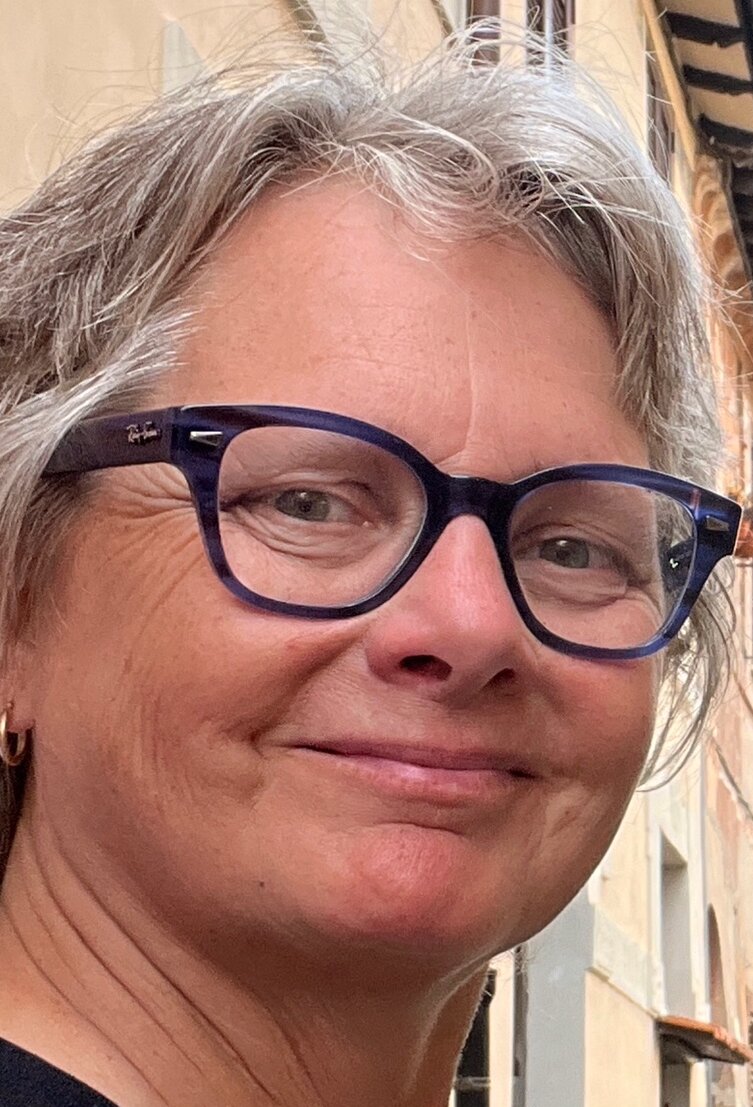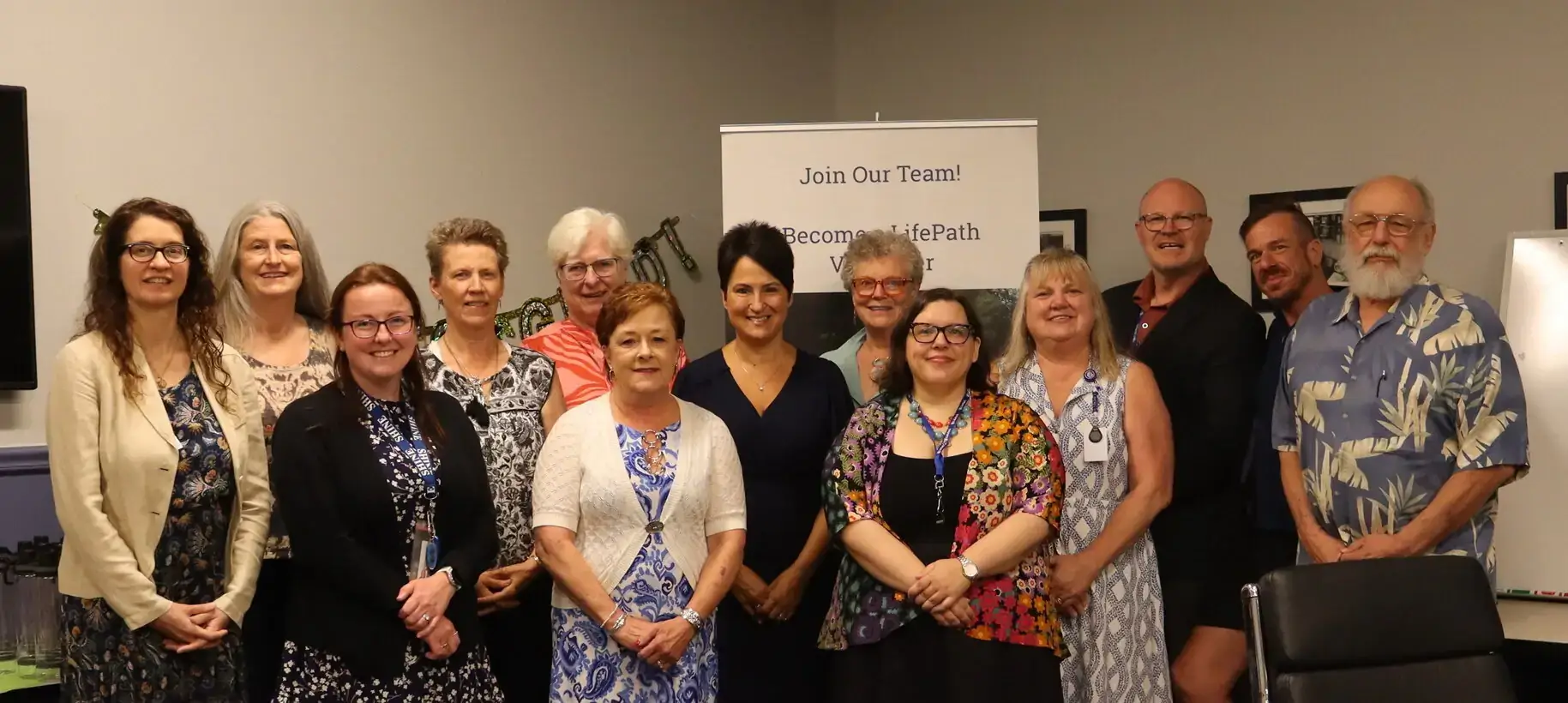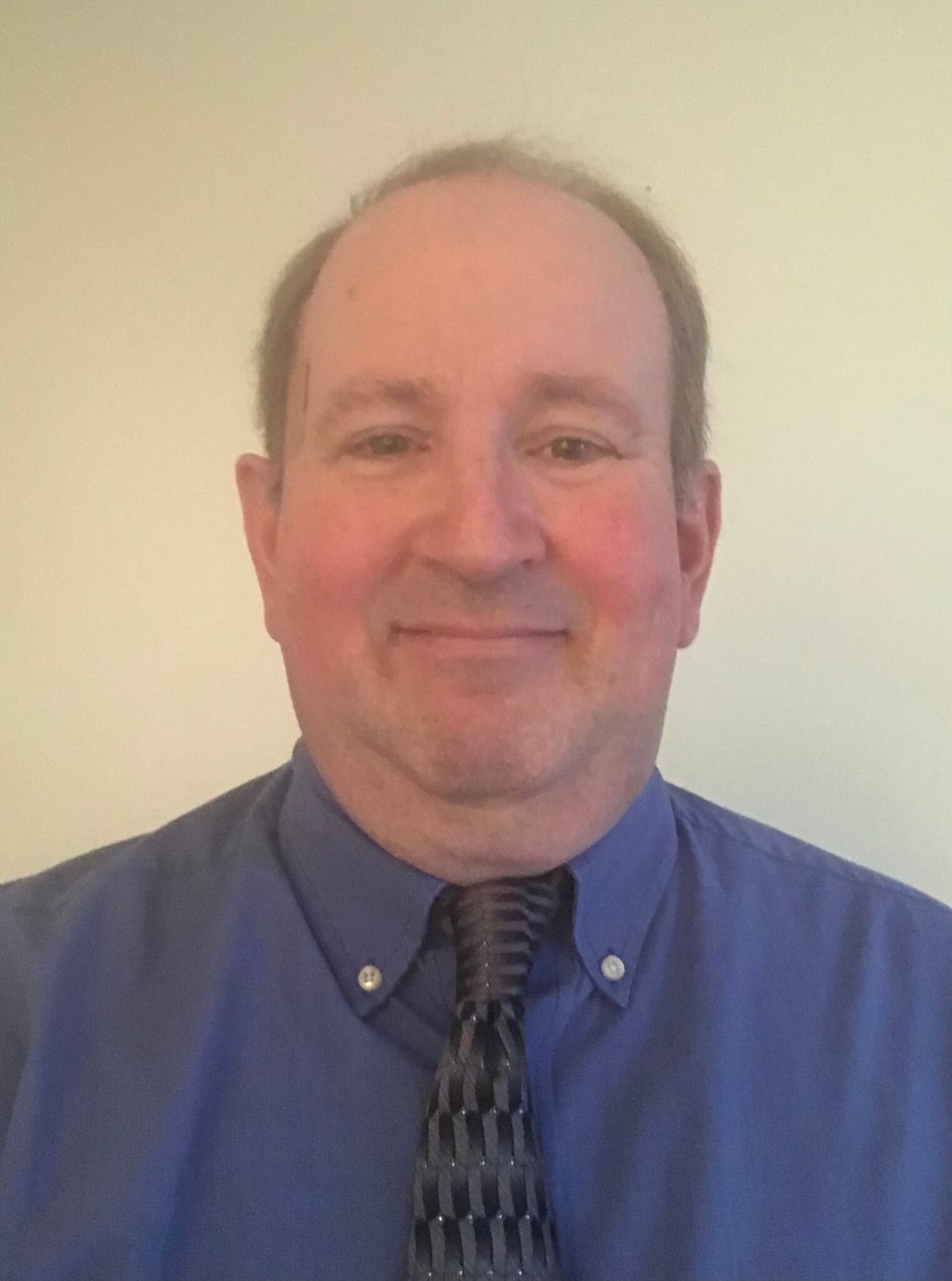In recognition of World Elder Abuse Awareness Day, which occurred this past Thursday, June 15, I want to discuss another facet to Elder Protective Services that is not well known: the ideas of autonomy and self-determination. These terms are related to a person’s ability to make one’s own choices in life, and to make decisions independently.
LifePath Elder Protective Services, and all Elder Protective Services Programs in Massachusetts, have a mandate to provide protection. We assess concerns related to Physical, Emotional, and Sexual Abuse; Financial Exploitation; and Neglect and Self-Neglect for adults 60 and over.
Older adults and their families are often concerned when we become involved in an older adult’s life, fearing that we will take away their freedom to choose how they live. While our goal is to prevent, remedy, and eliminate the effects of elder abuse, we are required to respect a person’s right to self-determination and autonomy.
Older adults and their families are often concerned when we become involved in an older adult’s life, fearing that we will take away their freedom to choose how they live.
The ideas of self-determination and autonomy have their roots in the French and American revolutions, with their emphasis on justice, liberty, and freedom from authoritarian rule. This refers to a communities’ right to self-determination. In our culture, this has been expanded to encompass individual rights as well.
So what does this really mean in practice?
Our culture tends to look upon older adults as “others,” as individuals, by virtue of their age, who are no longer able to make choices on their own. In Elder Protective Services, we believe that just because a person turns 60, it does not mean they lose the ability to make choices that affect their own lives. Autonomy is not something that is given to you, it is your right.
The principles of autonomy and self-determination come into conflict with the wants and needs of family members, professionals, and the community at large. Elder Protective Services is often asked to solve a problem, or “get an older adult out” of an unsafe situation. Often the older adult may put a perceived strain on resources, i.e. disruptive behavior, frequent visits to the ER, or multiple calls to 911, due to complex medical needs, substance use, or mental health concerns.
While we understand those concerns of the community, our role is to evaluate the risk and discuss with the older adult any changes they would like to make. If they choose to accept assistance, we can work with the older adult until the concerns have been resolved or mitigated. They can choose to make a change, make some change, or make no change. They can opt to not even discuss the concern with us. Regardless of the level of risk, a competent older adult has autonomy and the right to self-determination, so long as they do not put others at risk. As it is with all of us, there is a limit to personal freedom. Your choices cannot harm others.
Many people who work with older adults often struggle with the desire to protect and help versus accepting an older adult’s choices, especially when those choices seem harmful. As we go about our work, we are mindful of this tension, which is why the older adult must be at the center of the decision-making process.
Keeping the older adult at the center helps to counter biases and paternalistic attitudes. Professionals will often use language to describe an older adult, thinking it’s benign. Terms like “sweet,” “adorable,” or “pleasantly confused” can be as problematic as more negative terms like “frequent flyer,” “drug addict,” or “hoarder,” as they all diminish the individual to a meme. This makes it easier to disregard their autonomy and their choices.
In Elder Protective Services, we come across a variety of risks and lifestyle choices that could have serious consequences to an older adult. Often those choices do not conform to societal norms. Our role is not to judge those decisions or to make the decision for the older adult, but to understand those choices. Based upon the older adult’s values, we will work to lower risk with as little disruption to their lifestyle. The older adult is in charge of the process and is the decision maker.
Elder Protective Services has a mandate to provide protection. If you are or know an older adult who is being mistreated, or unsafe at home, please help. Call Elder Protective Services at 1-800-922-2275 or file online. Some people are hesitant to report, but if you don’t call, who will? Your call may be the action that makes a difference. All reports are confidential, and your name will not be disclosed.






